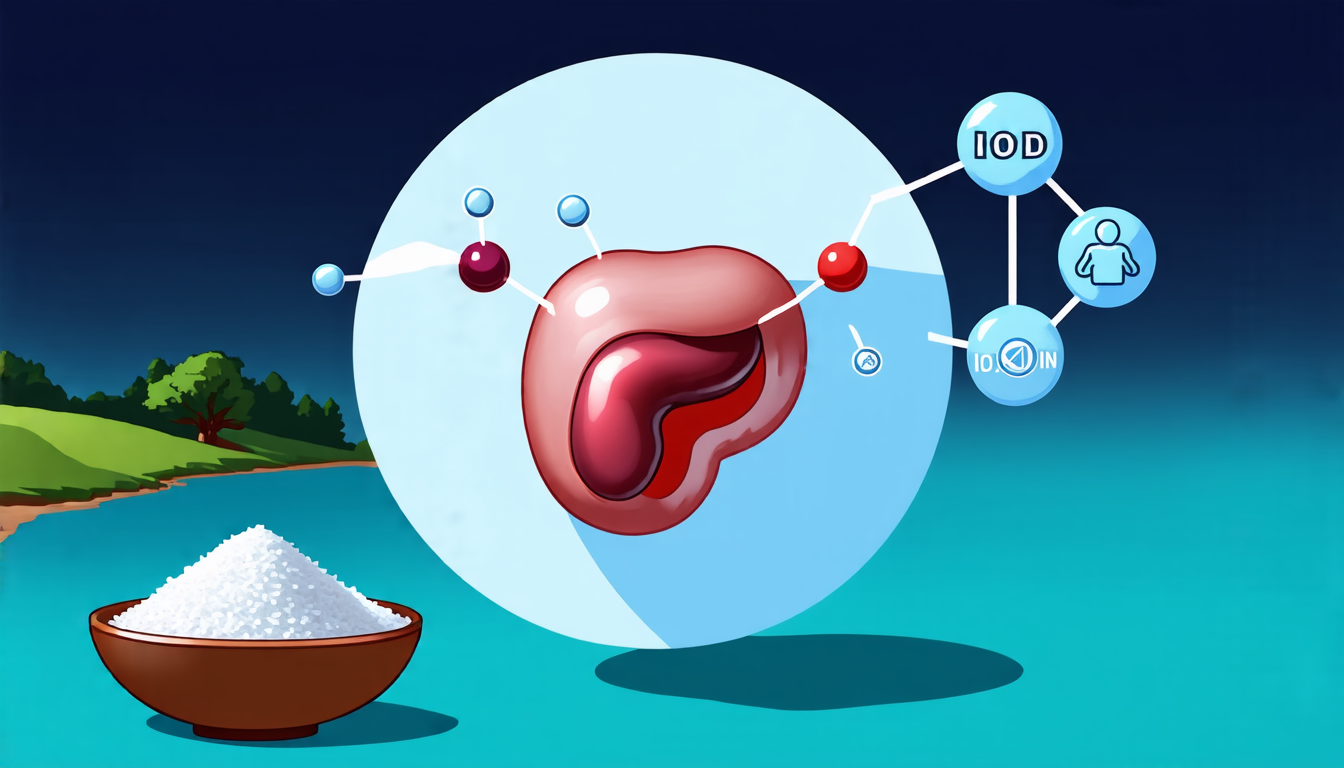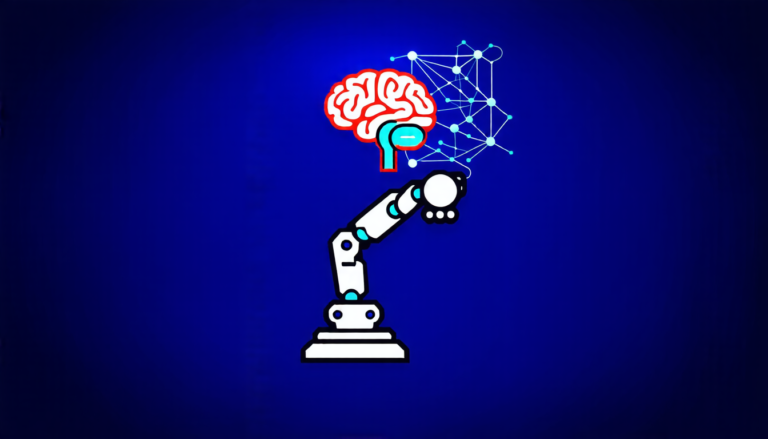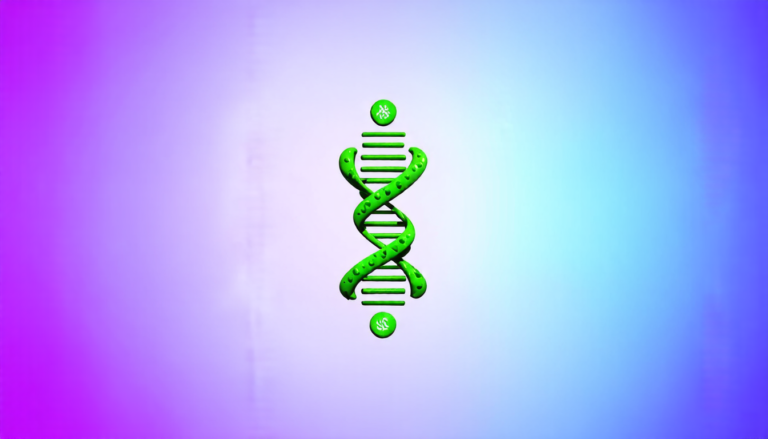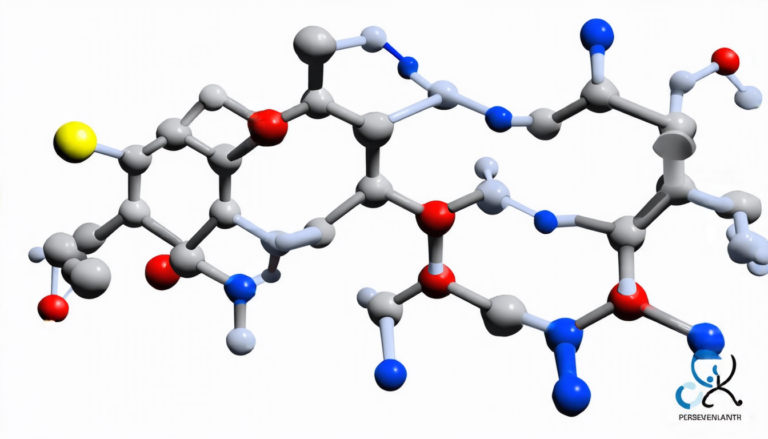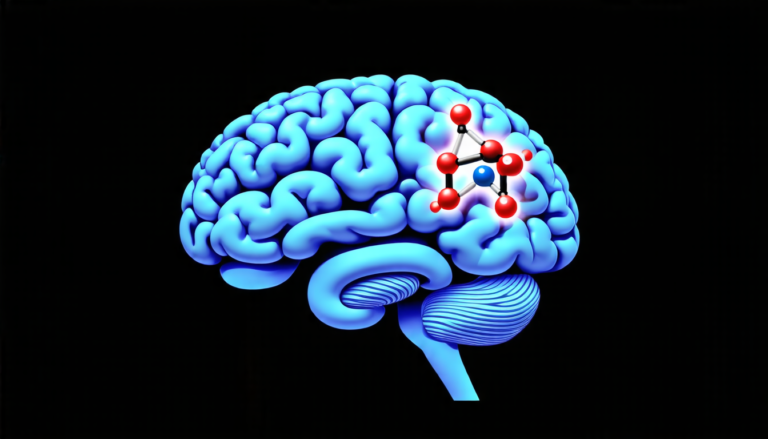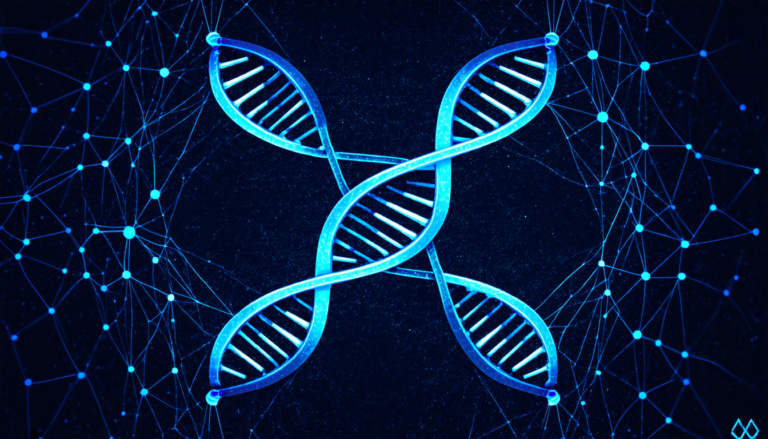Sunday 06 April 2025
A team of researchers has developed a new mathematical model that sheds light on the intricate relationships between iodine, thyroid hormones, and thyroid-stimulating hormone (TSH) in the human body. The model, which simulates the dynamic interactions between these key players, could have significant implications for our understanding of thyroid disorders and the development of more effective treatments.
Iodine is a crucial element in the production of thyroid hormones, T3 and T4, which regulate various bodily functions such as metabolism, growth, and development. However, iodine deficiency remains a common problem worldwide, leading to hypothyroidism, or underactive thyroid gland, in millions of people. The model developed by the researchers aims to better understand how iodine affects thyroid hormone production and TSH regulation.
The team’s mathematical framework takes into account the complex interplay between iodine, T3, T4, and TSH, as well as other factors such as dietary intake, thyroid function, and metabolic rate. By simulating these interactions, they were able to identify key patterns and relationships that could not be observed through traditional experimental methods.
One of the most significant findings is the model’s ability to accurately predict the effects of iodine deficiency on thyroid hormone production. The researchers discovered that even mild iodine deficiency can lead to a decline in T3 and T4 levels, which in turn affects TSH regulation. This has important implications for our understanding of hypothyroidism, as it suggests that iodine deficiency may be a contributing factor to the condition.
The model also sheds light on the role of TSH in regulating thyroid hormone production. The researchers found that TSH plays a crucial role in stimulating the production of T3 and T4, but that it can also have negative feedback effects on thyroid hormone levels. This suggests that TSH may be involved in maintaining a delicate balance between thyroid hormone production and regulation.
The team’s model has significant implications for the diagnosis and treatment of thyroid disorders. By better understanding how iodine affects thyroid hormone production and TSH regulation, clinicians may be able to develop more effective treatments for hypothyroidism and other thyroid-related conditions.
In addition to its clinical applications, the model could also have important implications for public health policy. Iodine deficiency is a significant problem worldwide, particularly in areas where iodized salt is not widely available or where soil iodine levels are low.
Cite this article: “Iodine Deficiency: A Mathematical Modeling Approach to Understanding Thyroid Hormone Regulation”, The Science Archive, 2025.
Iodine, Thyroid Hormones, Tsh, Hypothyroidism, Mathematical Model, Iodine Deficiency, Thyroid Disorder, Metabolism, Growth Development, Public Health Policy.

